I defined two classes:
class OrderEntryVacancyRenew(OrderEntry):
...
vacancy_id = db.Column(db.Integer, db.ForeignKey('vacancy.id'), nullable=False)
vacancy = db.relationship('Vacancy')
remaining = db.Column(db.SmallInteger)
class Vacancy(db.Model):
id = db.Column(db.Integer, autoincrement=True, primary_key=True)
renew_at = db.Column(TZDateTime, index=True)
Then I defined the method to refresh OrderEntryVacancyRenew.remaining and Vacancy.renew_at.
def renew_vacancy():
filters = [
OrderEntryVacancyRenew.remaining,
Vacancy.status == 0,
or_(
Vacancy.renew_at <= (utcnow() - INTERVAL),
Vacancy.renew_at.is_(None))
]
renew_vacancies = OrderEntryVacancyRenew.query.options(
load_only('remaining', 'vacancy_id')
).order_by(
OrderEntryVacancyRenew.id
).from_self().group_by(
OrderEntryVacancyRenew.vacancy_id
).join(
OrderEntryVacancyRenew.vacancy
).options(
contains_eager(OrderEntryVacancyRenew.vacancy).load_only('renew_at')
).filter(*filters)
for entry in renew_vacancies:
entry.vacancy.renew_at = utcnow()
entry.remaining -= 1
db.session.commit()
I wrote the unit test to check renew_vacancy
vacancy1 = Vacancy(id=10000)
vacancy2 = Vacancy(id=10001)
db.session.add_all([vacancy1, vacancy2])
vacancy_renew1 = OrderEntryVacancyRenew(
vacancy_id=vacancy1.id,
remaining=24)
# make sure vacancy_renew1.id < vacancy_renew2.id
db.session.add(vacancy_renew1)
db.session.commit()
vacancy_renew2 = OrderEntryVacancyRenew(
vacancy_id=vacancy1.id,
remaining=8)
vacancy_renew3 = OrderEntryVacancyRenew(
vacancy_id=vacancy2.id,
remaining=42)
db.session.add_all((vacancy_renew2, vacancy_renew3))
db.session.commit()
renew_vacancy()
self.assertEqual(
(vacancy_renew1.remaining, vacancy_renew2.remaining), (23, 8))
renew_vacancies is order by OrderEntryVacancyRenew id and group by Vacancy id, so I expect it will filter vacancy_renew1 and vacancy_renew3.
I used the following command to run the unit test 100 times:
for i in `seq 1 100`; do python test.py; done
In some rare situations, it filters vacancy_renew2 instead of vacancy_renew1.


Why does it happen that sometimes order by does not work as expected?
I try to print vacancy_renew1.id and vacancy_renew2.id after renew_vacancy.
...
db.session.commit()
renew_vacancy()
print vacancy_renew1.id
print vacancy_renew2.id
self.assertEqual(
(vacancy_renew1.remaining, vacancy_renew2.remaining), (23, 8))
...
